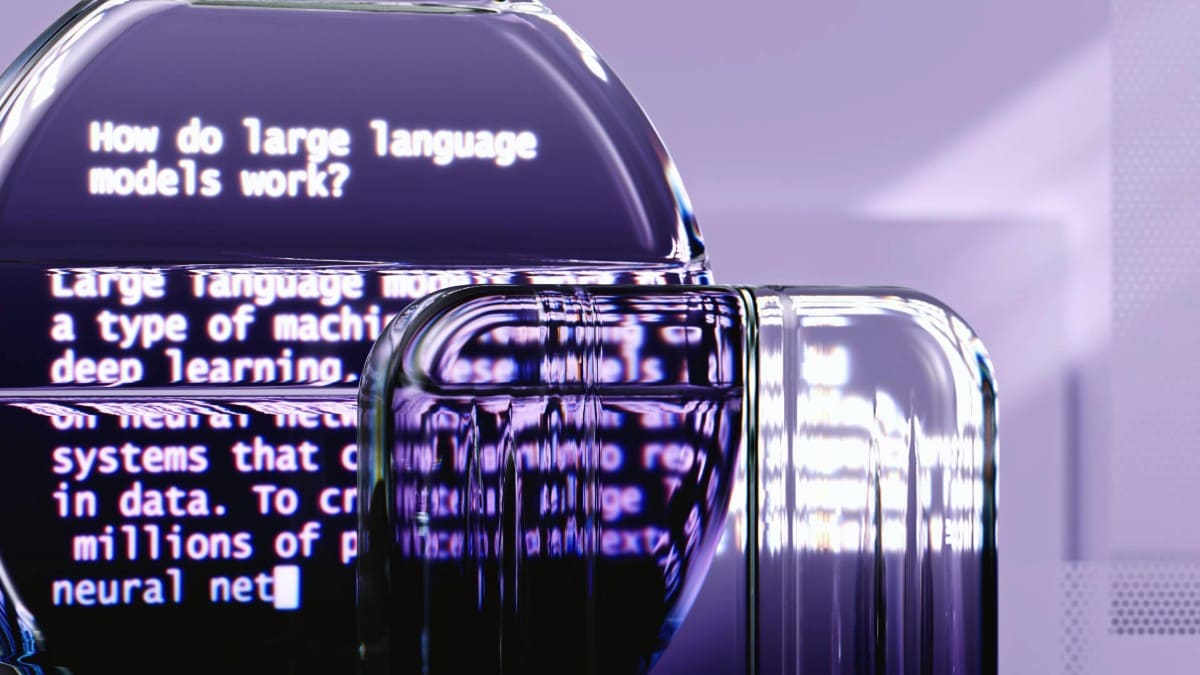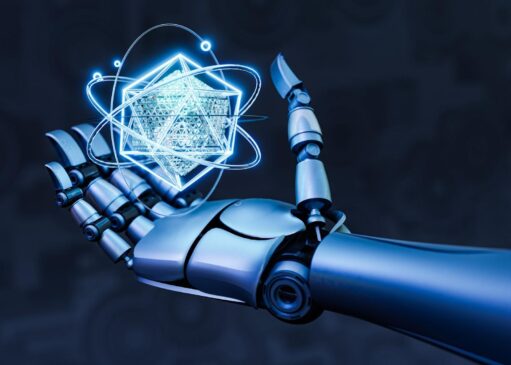![]()
We have witnessed a rapid advancement in technology over the last decade. One such example is Artificial intelligence (AI). AI and its applications have been continuously evolving. It is evident from how it revolutionized several industries, including healthcare.
Businesses are investing heavily in the applications of AI, especially generative AI. It is because of the numerous benefits of this innovative technology. According to the IBM Global AI Adoption Index 2022, a noteworthy 35% of companies have incorporated generative AI into their systems. This figure will surely rise in the coming years.
You may be curious about what makes businesses invest heavily in generative AI. Today, we will be discussing what generative AI is, its use cases, and what it holds for healthcare in the future.
What is generative AI?
Generative AI refers to deep learning models that not only understand and process vast amounts of data but also have the ability to generate new content. This content can be texts, audio, videos, and other types of content. It is done with the help of complex algorithms that learn from existing data and generate realistic outputs that mimic human creativity.
There is a huge adoption of generative AI among individuals as well. According to Salesforce, 70% of Gen Z use generative AI, and 52% say that it helps them to make well-informed decisions.
What makes businesses adopt generative AI in healthcare?
According to the Deloitte Center for Health Solutions, a significant 75% of leading healthcare enterprises plan to scale Generative AI across the organization. It is not to replace doctors but to enhance their productivity and efficiency. Overall, it reduces the burden on clinicians and improves patient care. Here are some benefits of generative AI in healthcare:
1. Medical Research
Medical Research is one of the main use cases of generative AI in healthcare. Generative AI makes it easier for researchers to inspect a pile of medical information and organize it quickly. It provides invaluable insights to doctors from complex patient medical data. Then, doctors can use that data to make informed decisions. It significantly helps to reduce costs, speed up the drug discovery and development process, and improve patient outcomes.
2. Improved Diagnosis
Late diagnosis of diseases is a major challenge in the healthcare industry. However, generative AI improves the diagnosis process by earlier diagnosis of diseases. It leverages advanced algorithms to analyze complex medical data and find patterns in patient data. By doing so, it can diagnose a disease earlier and provide valuable information to doctors to provide personalized medication to patients.
3. Better Clinical Trials
Generative AI solutions help speed up finding the right people for clinical trials. Mostly, selecting the right fit for trials is done manually, which requires a lot of time. However, Generative AI looks at big sets of data to find individuals who fit the requirements accurately. This automation makes it faster to find suitable candidates for research. Overall, AI makes clinical trials more efficient, which leads to the discovery of new treatments and therapies.
4. Better Fraud Detection
It is one of the crucial factors for which businesses are investing in generative AI in healthcare. We know that every industry has to deal with fraud, and healthcare is no exception. However, generative AI detects and prevents fraud. It analyzes vast medical and billing information to detect any unusual patterns and find unnecessary billings. Moreover, it gets better at finding fraud over time. Overall, generative AI helps stop fraud and makes sure patients get the right care.
5. Reducing Administrative Tasks
Generative AI makes it easier for doctors to focus on patient care by automating several tedious and time-consuming administrative tasks. It makes managing appointments easier by automatically booking and rescheduling. It also helps with paperwork by automating tasks like taking notes and updating records.
Challenges of Generative AI in Healthcare
No doubt, businesses are increasingly adopting generative AI. However, it is necessary to consider and address several pivotal challenges of implementing generative AI in healthcare. These challenges are:
Data Privacy and Safety
Patient data can be at risk with the implementation of generative AI. It is pivotal to ensure patient data privacy and security measures to avoid any legal activity against you. It can be done by using encryption, access controls, and following healthcare privacy rules like HIPAA.
Ethical Guidelines
Besides hundreds of benefits of generative AI in healthcare, it is crucial to prioritize ethical guidelines. It is essential to ensure the right use of generative AI and avoid any misuse in healthcare.
Data Biasness
Generative AI can provide biased results if the training data is biased. It is crucial to ensure that the data is not biased as it can lead to much bigger problems, including negative impacts on patient health.
Future of Generative AI in Healthcare
Generative Artificial intelligence holds immense promise for transforming the future of healthcare. It helps healthcare businesses overcome day-to-day operational challenges, including unstructured data, diagnosis concerns, tiresome administrative tasks, fraud detection, etc.
Generative AI is poised to transform healthcare in the coming years, with exciting possibilities on the horizon. One area set for major progress is generative AI in disease diagnosing. It enables hospitals and clinics to analyze huge amounts of information quickly. Doing so helps doctors and radiologists make more accurate diagnoses and provide tailored treatment plans for each patient.
It has advantages for healthcare and patients alike. As healthcare providers will have less burden, they can focus on patient care, which will result in more positive outcomes. Moreover, generative AI helps doctors provide personalized treatment to patients by inspecting which medicines will be more beneficial for which patients.
To end it all, we can say that the future of healthcare with generative AI solutions seems promising, and it will become even better with continued technological advancements.



